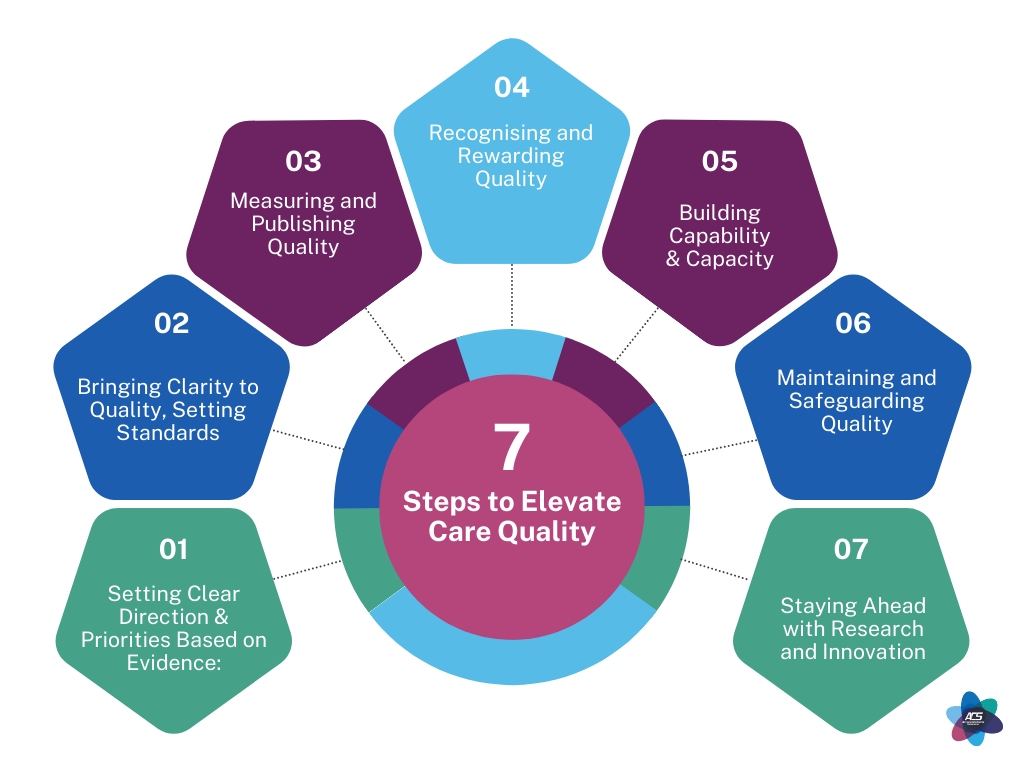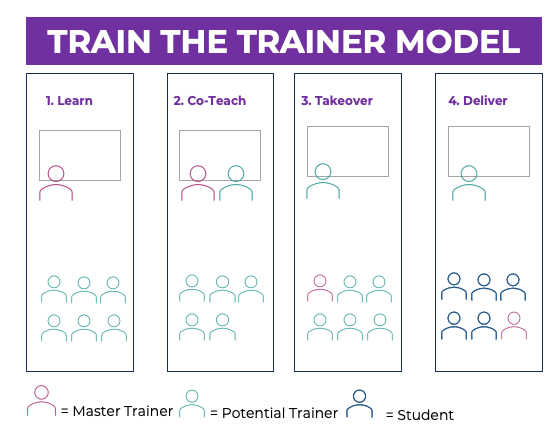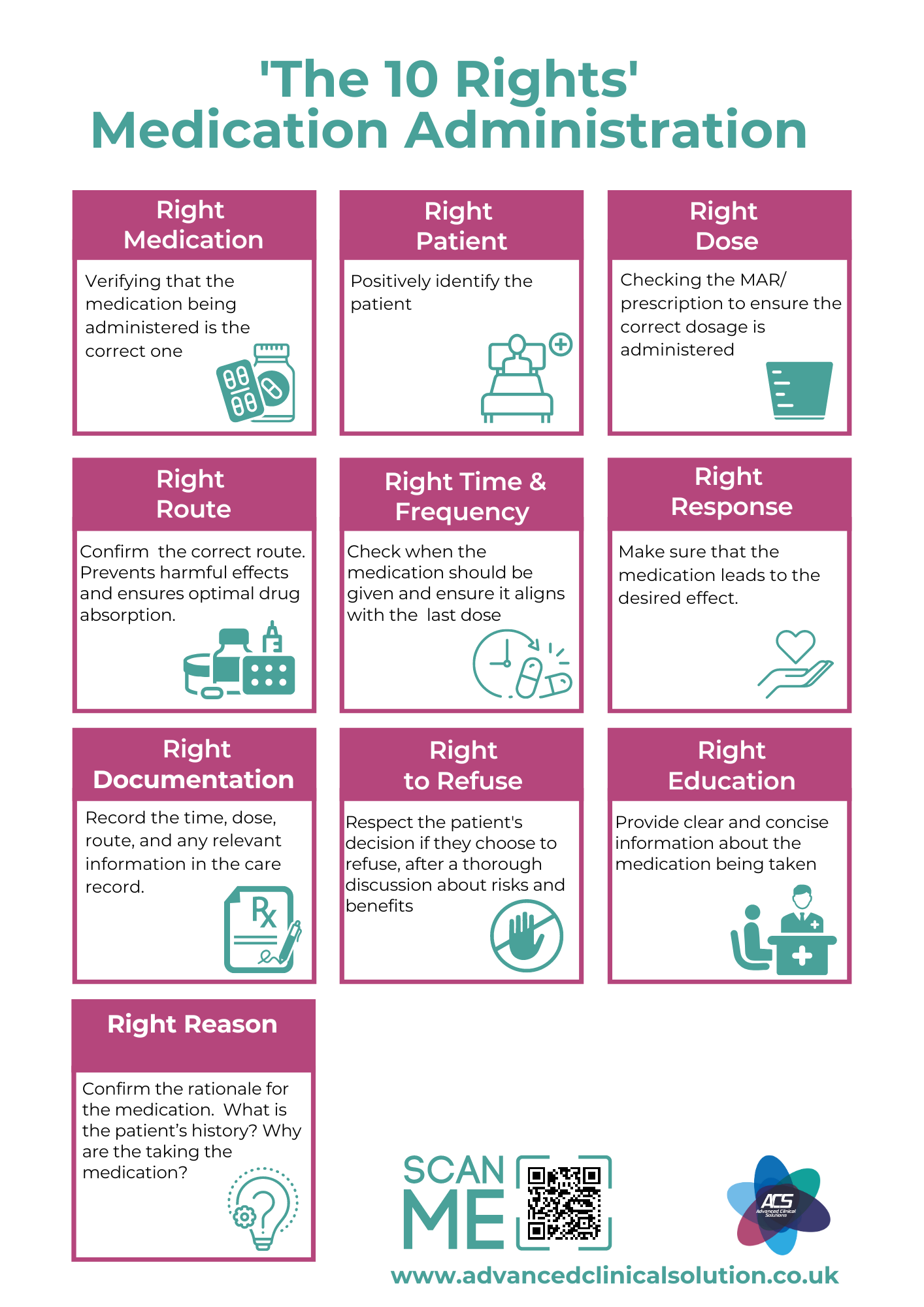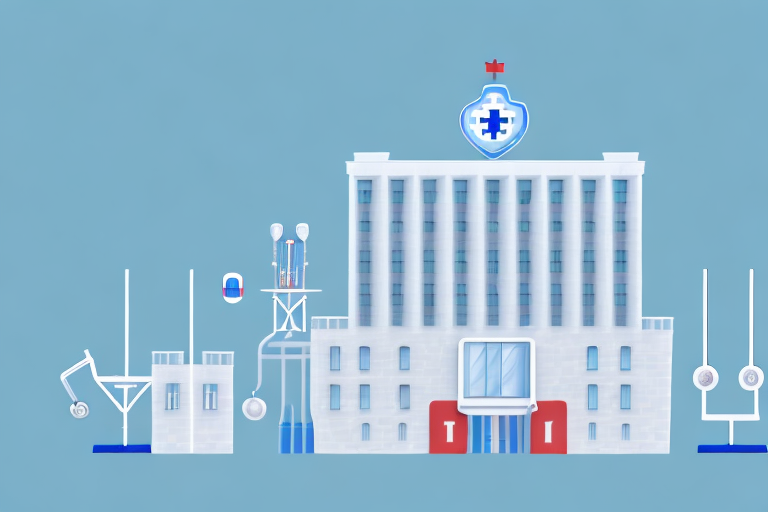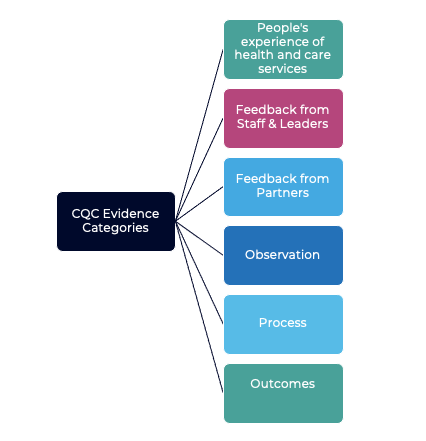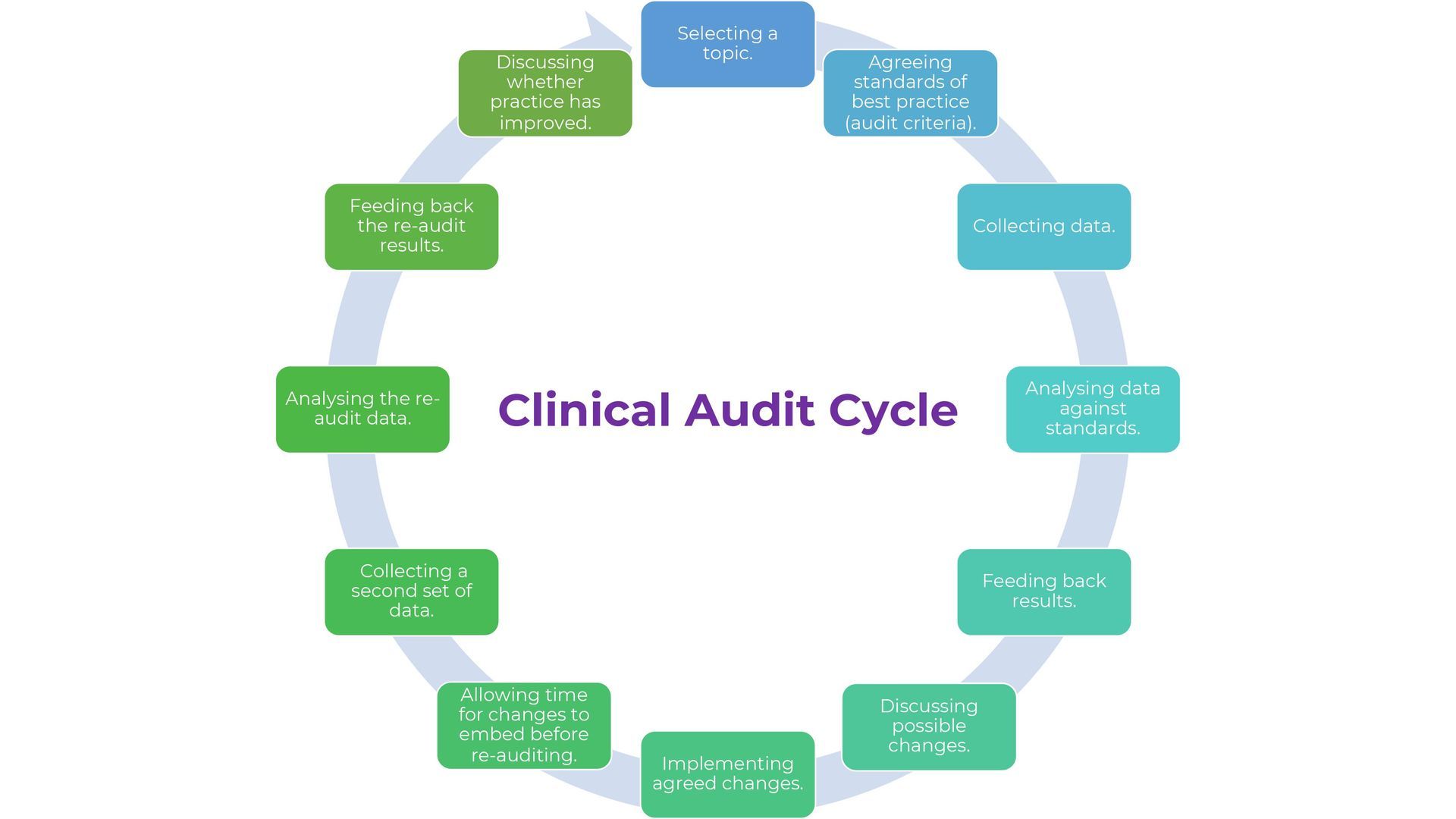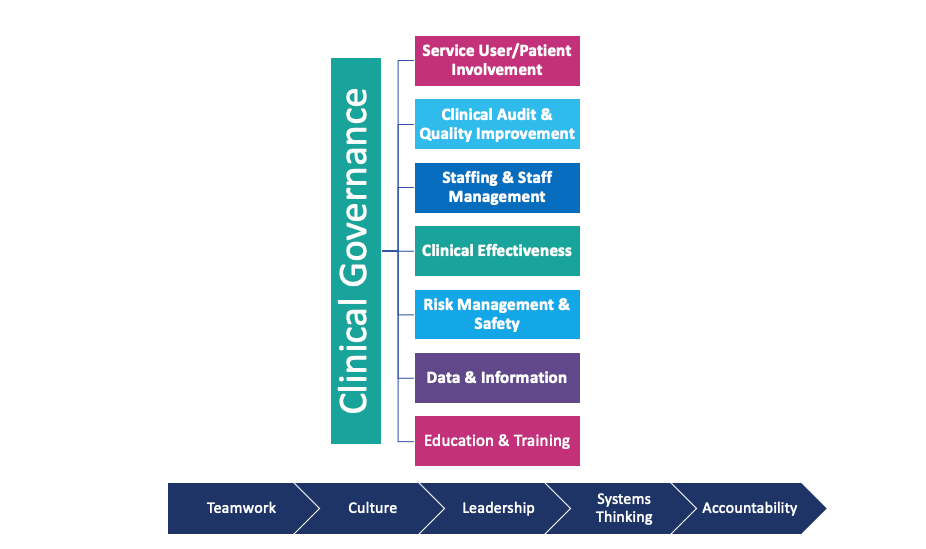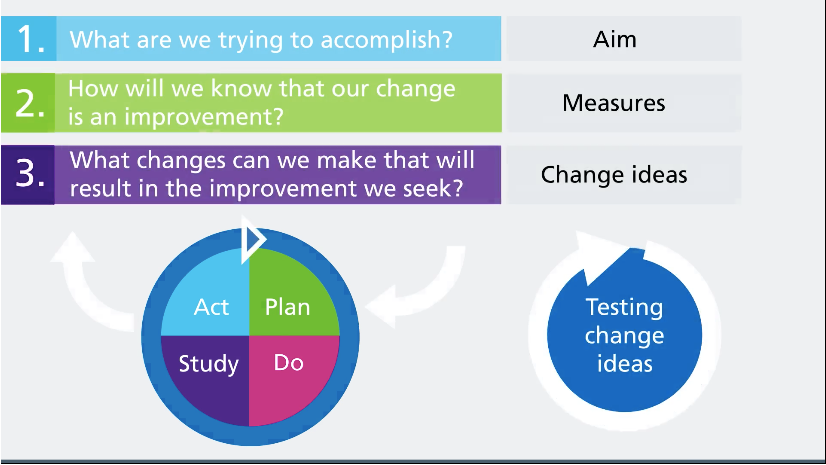Supervision in Health & Social Care (Part 1)
Supervision plays a key role in health and social care

Effective supervision is a crucial element of an organisation’s duty of care to its employees, and to the users and carers it serves. Learning from supervision is an essential component of the education and training of health and social care staff. Through regular, structured meetings with a supervisor, staff can learn how to manage their service users more effectively, apply theory and research evidence to practice, perform the key tasks of assessment, planning and intervention, and reflect on their own professional development. Supervision is also an opportunity to seek and receive emotional support for undertaking what can often be a demanding and stressful role.
When in place and done well, supervision has many benefits for the organisation, professional development and patient services, and each of these three levels makes an important contribution to ensure benefit is achieved. This article has highlighted evidence which indicates what needs to be in place to ensure clinical supervision is effective. It is clear from the evidence that support from management is needed to enable effective implementation, including cost and training for staff. However, supervision is subject to different interpretations by managers, who tend to focus more on service delivery rather than on staff development.
This post will look at the key enablers and barriers to effective supervision and suggest interventions that can improve the success of supervision in the social care sector for both task and performance but also how it can be utilised for emotional support of staff in a very demanding role.
Your workforce is your most valuable resource – and effective supervision plays a key role in supporting them to deliver high-quality care and support. Effective supervision supports good working relationships, helps you to address any issues and celebrate achievements, gives you the opportunity to discuss learning and development – and, if you’re a regulated provider, the Care Quality Commission (CQC) expects you to offer staff regular supervision to ensure that they’re competent and confident to do their role.
Supervision is a process that involves a manager meeting regularly and interacting with staff to review their work. This can be performed in either a one to one format or with a group of staff, however, this article will be focussing on one to one supervision as there are additional things to consider when working with a group.
Supervision is not about the exercise of power over another person – whilst it can help to manage performance, it is also, equally, a way of helping the supervisee to develop new skills, experience and confidence in their role. It might include, for example, reviewing their workload, setting the expected standards, monitoring and reviewing performance, identifying learning and development opportunities and keeping them informed with wider organisational news.
"Supervision is not about exercising power over another person (Skills for Care 2020), nor is it about allocating or dumping work on the individual or using it as a means for criticising staff."
Supervision is usually carried out by one person who has some related knowledge and skills, and who takes responsibility and accountability for supporting the wellbeing and performance of the person being supervised i.e. the supervisee. It is key to effective supervision that anyone in a supervision capacity has received suitable training in this area.
Supervision sessions are usually done one-to-one and arranged via a formal process – it’s important to set aside enough time, and develop and embed the right structures and processes, to enable effective supervision to happen.
Supervision has many benefits to the individual, the team and the organisation.
| Benefits of Supervision to the Individual | |
|---|---|
| 1 | Building effective personal relationships |
| 2 | Reflecting on practice and performance |
| 3 | Receiving updates |
| 4 | Feeling supported |
| 5 | Celebrating achievements |
| 6 | Increased Job satisfaction |
| 7 | Being able to showcase their skills |
| 8 | To identify learning and development needs |
| 9 | Building confidence |
| 10 | Managing Wellbeing |
| 11 | To be able to perform their roles safely and effectively |
| Benefits of Supervision to the Team | |
|---|---|
| 1 | Provides teams with resilience to manage difficult situations |
| 2 | Increases the sense of belonging and cohesiveness |
| 3 | Builds effective personal relationships |
| 4 | Promotes team support and shared responsibility which in turn promotes positive decision making and reduced stress. |
| Benefits of Supervision to the Organisation | |
|---|---|
| 1 | Underpinning the welfare of staff and people receiving care |
| 2 | Provides a way to share information and values |
| 3 | Increases worker effectiveness |
| 4 | Improves staff retention |
| 5 | Reduces turnover and associated costs |
| 6 | Promotes the reputation of good services committed to good practice |
| 7 | Provides a communication channel between the individual and the organisation |
| 8 | Ensures compliance with regulatory requirements |
The purpose of supervision is manyfold but it is key to note what it is not.
Supervision is not about exercising power over another person (Skills for Care 2020), nor is it about allocating or dumping work on the individual or using it as a means for criticising staff. Supervision should also not be process driven and/or overly focussed on management issues at the expense of reflection and professional development (SCIE 2015). Its key purpose is to provide a safe environment for staff to reflect on and discuss their work and their personal and professional responses to their work. The focus is on supporting staff in their personal and professional development and in reflecting on their practice (CQC).
Want to become a confident, respected & proactive supervisor ?
BOOK A FREE CONSULTATION WITH OUR EDUCATION & TRAINING TEAM
Email Us
For general enquiries & questions,
contact us via email
Book Free Consultation
Need some advice face to face? Book a free 30 minute MS Teams consultation
Share
CHECK OUT OUR OTHER BLOG POSTS
Knowledge Hub

